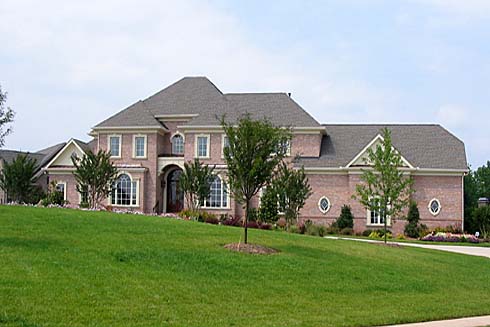BUILDING CODES
Understanding Building Codes in Real Estate
Building codes are a crucial aspect of the real estate industry, shaping the design, construction, and occupancy of buildings to ensure safety, health, and welfare of the occupants. These codes, established and enforced by local governments, set the standards for building practices and are essential for maintaining the structural integrity and safety of properties.
Importance of Building Codes
Safety and Structural Integrity:
Building codes are designed to safeguard occupants by ensuring that structures are built and maintained to specific safety standards, encompassing aspects such as fire resistance, structural stability, and accessibility for individuals with disabilities.
Consistency and Quality:
Building codes promote uniformity and quality in construction practices, fostering consistency in building standards across a locality or region.
Legal Compliance:
Adhering to building codes is a legal requirement that developers, builders, and property owners must fulfill to obtain necessary permits and approvals for construction and occupancy.
Role in Real Estate Development
Regulatory Compliance:
Building codes serve as a regulatory framework for real estate development, guiding the planning, design, and construction phases of projects to ensure compliance with safety and structural standards.
Property Valuation:
Compliance with building codes can impact property valuation, as adherence to these standards often enhances the perceived quality and safety of a property.
Long-Term Sustainability:
Building codes can encompass energy efficiency and environmental considerations, contributing to the long-term sustainability of real estate developments.
Long-Term Sustainability:
Building codes can encompass energy efficiency and environmental considerations, contributing to the long-term sustainability of real estate developments.
Challenges and Adaptation
Evolution of Standards:
Building codes continually evolve to address new technologies, construction practices, and societal needs, presenting a challenge for stakeholders to stay abreast of updated requirements.
Cost Implications:
Stricter building codes may entail higher construction costs, posing financial challenges for developers and property owners.
Conclusion
The significance of building codes in real estate cannot be overstated. These regulations play a vital role in ensuring the safety, quality, and compliance of structures, ultimately contributing to the overall integrity and sustainability of the built environment. As the real estate industry continues to evolve, building codes will remain integral to the development, maintenance, and valuation of properties, reflecting a commitment to safety, quality, and responsible urban development.
MORE REAL ESTATE TERMS
A, B, C, D, E, F, G, H, I, J, K, L, M, N, O, P, Q, R, S, T, U, V, W, X, Y, Z
Featured New Home

Featured Mortgage Brokers
- PRIMELENDING A PLAINSCAPITAL COMPANY, MELVILLE, NY
200 BROADHOLLOW RD STE 207
MELVILLE, NY 11747 - PRIMELENDING A PLAINSCAPITAL COMPANY, NORTH SYRACUSE, NY
6702 BUCKLEY RD STE 140
NORTH SYRACUSE, NY 13212 - American Finance-Thomasville, mortgage broker in Thomasville, GA
15179 US Hwy 19 South
Thomasville, GA 31792 - AMERICAN FINANCIAL NETWORK INC, MURRIETA, CA
24910 WASHINGTON AVE
MURRIETA, CA 92562 - FIRST PRIORITY FINANCIAL INC, BENICIA, CA
1350 HAYES ST STE C14
BENICIA, CA 94510